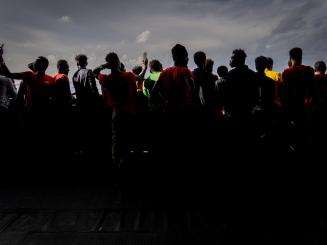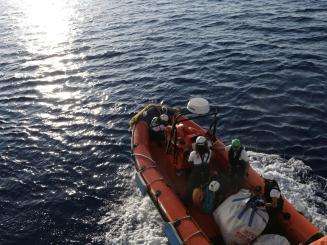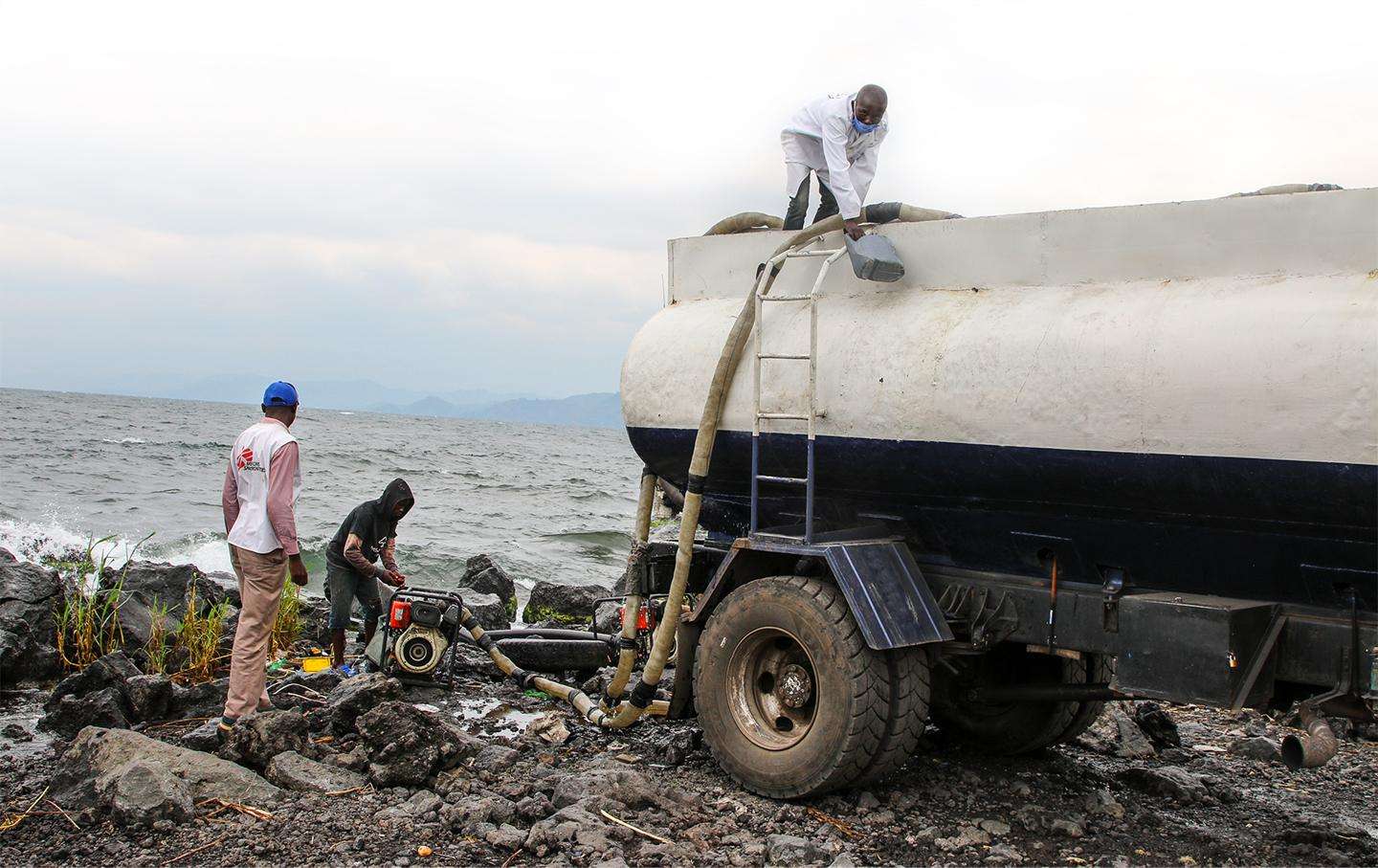Sudan’s humanitarian catastrophe must be addressed
News Apr 12, 2024
Get the latest news, stories, videos, and more from our medical humanitarian projects around the world.
Speaking out about the emergencies our staff and patients witness is part of who we are. Explore our history and principles.
Research | Nov 21, 2023
“No one came to our rescue”: MSF’s new report documents how European states have knowingly put people’s lives at risk by delaying or failing to coordinate rescues and facilitating forced returns.
Read More
Story | Jul 13, 2023
How increasingly inhumane policies are making it more dangerous—and deadly—for people to seek safety in Europe.
Read More

Your unrestricted gifts enable us to provide lifesaving medical humanitarian care on the ground and speak out about what we see.